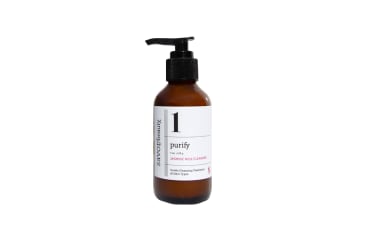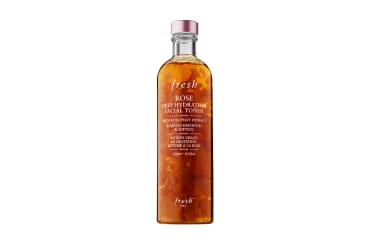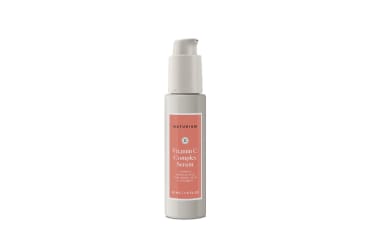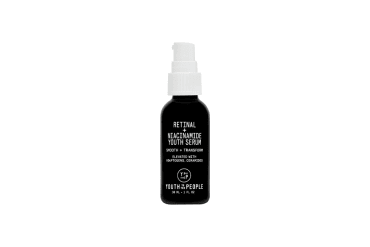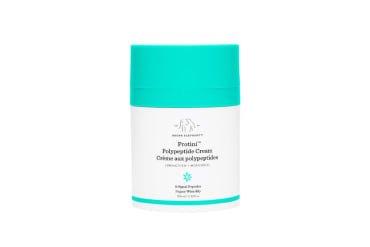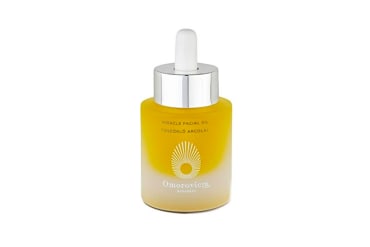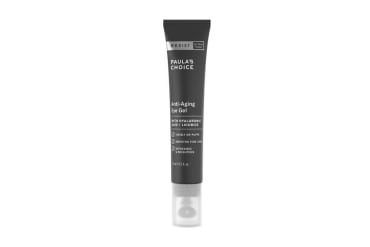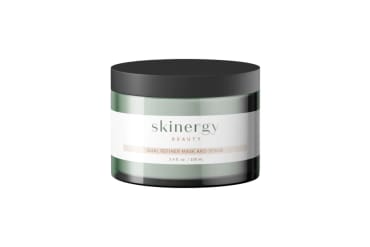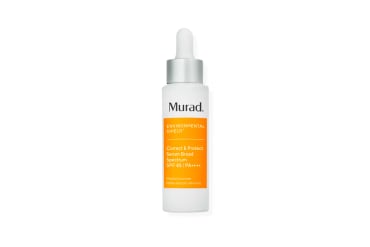And while you age, it’s important to support your skin health so it can perform, look, and feel its best for longer. That’s why this article exists: To go over what exactly your skin care routine should look like to support skin longevity. In the past, these types of routines were typically labeled as “anti-aging” skin care routines. As I noted above, I am not against aging in the least. These steps are simply to help folks treat their skin with kindness as it matures so it can perform optimally. I’d also like to say that every person is different. So while the below is a good general routine recommendation, you know your skin better than any beauty reporter, like me, ever could. So skip over what you know isn’t for you, and feel free to try out a new step that you think just might do the trick. Let’s get into it. Not only that, but a nighttime cleanse can act as a moment of pause and stress release, according to Angelia Jia Kim, skin care expert and founder of Savor Beauty. “How you treat your skin is how you treat your soul. And what I mean by that is both need nourishment, care, and love,” Kim says. She goes on to explain that she views self-care as, “an act that your future self will thank you for.” Why does this matter in a healthy aging skin care regimen? Well, self-care can have a very practical end, too: “If you’re going to bed with dirt, sebum, and environmental toxins in your pores, it can break down the collagen in your skin,” she says. “Unlike the old-school, alcohol-based toners that could be quite drying to the skin, these days they are more often hydrating formulations,” says board-certified dermatologist Hadley King. In addition to all of the above, toners can act as a first step for those who skip the morning cleanse. Since many people forgo washing their face in the morning, you can simply apply a toner to re-wet the skin and get it ready for the steps that follow. Essentially, serums are your targeted step. This is where you can address your most prominent skin care concerns with more sophistication. For example, those with mature skin likely want a serum that will help firm and tone the skin. While there are many great ingredients that can aid in those goals, two of the most studied actives are retinol and vitamin C. (This is why they are often recommended for “anti-aging” skin care routines.) For the day, use a vitamin C serum, which can help support collagen production, lighten dark spots, improve overall tone, and fight free radicals. At night, opt for a retinol serum, which can increase cell turnover, promote collagen production, reduce pigmentation, target blemishes, and improve firmness. Those two ingredients not your speed? Don’t worry, there are many more you can count on. Peptides can help improve hydration and firmness, niacinamide can soothe reactive skin, and AHAs (like glycolic and lactic acid) can even texture. A good lotion usually has a combination of humectants, emollients, and occlusive ingredients. Humectants (like glycerin, aloe, and hyaluronic acid) help attract water into the skin. Emollients support and nourish the barrier. Occlusives seal it all in, aiding in water retention. Eye creams can address these fine lines, as well as dark circles, puffiness, and to some extent bags (although, bags are genetic and can’t really be addressed by topicals). For those with mature skin, there are many luxurious facial oils to try: Rosehip seed contains fatty acids and vitamin C, argan oil has anti-inflammatory properties1, and moringa seed oil is chock-full of antioxidants and oleic acid to support the skin barrier. “While there is no such thing as a miracle pill for skin or any ‘skin glow’ shortcut, beauty supplements usually contain ingredients we know to play important roles in skin functions and overall health,”* notes board-certified dermatologist Ava Shamban, M.D. There are many healthy aging ingredients to consider—far too many to adequately explain here. However, we’ve gone over many actives in this antioxidant supplement explainer, as well as this dossier on collagen supplements. Antioxidant and collagen support are an excellent place to start if you’re new to skin supplements. And for more options, check out our all-time favorite beauty supplements.


